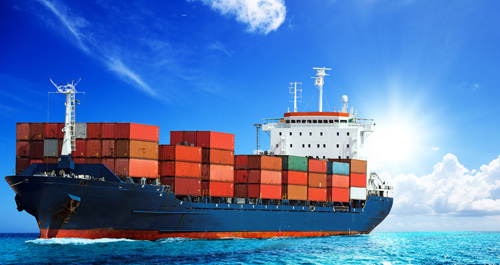Nicaragua: Canal, Korea and cargo
Monday, June 18, 2012

Every few years during the past two centuries, someone has planned – and then abandoned – the idea of building a transoceanic canal through Nicaragua.
Now, we have the latest version of the plan, in this case proposed by NIcaraguan president Daniel Ortega, which on one hand seems likely to suffer the same fate as earlier versions. The biggest obstacle is the price, estimated at $30 billion, which is more than four times greater than the annual value of Nicaragua’s total production.
A second problem is that part of the canal would consist of the San Juan River, the south bank of which is the border between Nicaragua and Costa Rica, which is unlikely to agree to massive dredging of the waterway.
On the other hand, the idea makes sense in several important contexts.
A Nicaraguan canal would be nearly flat, which means less time and expense for ships to pass through it, compared to Panama.
An investment of $30 billion seems like a big risk, especially considering that expansion of the Panama Canal, currently under way, will cost only around one sixth as much.
But $30 billion is not necessarily a lot of money for Korea, which has expressed interest in the concept.
In addition, a project of this size, and which involves a high degree of diplomatic complexity, will likely take decades to complete, by which time even the Panama Canal will again be small.
In its expanded form, the canal will be able to pass ships of up to 14,000 twenty-foot containers (internationally known as TEUs). But Korea is already building ships, which can carry 16,000 TEUs, and which will be in service by 2015, the same year as the opening of the expanded canal. By the next decade, we can expect container ships to reach a capacity of 20,000 TEUs.
Meanwhile, Korea is the world’s biggest shipbuilder, accounting for close to a quarter of total world tonnage.
For now, the project has gone to Nicaragua’s National Assembly for approval. More important, will be approval by the government of Korea.
